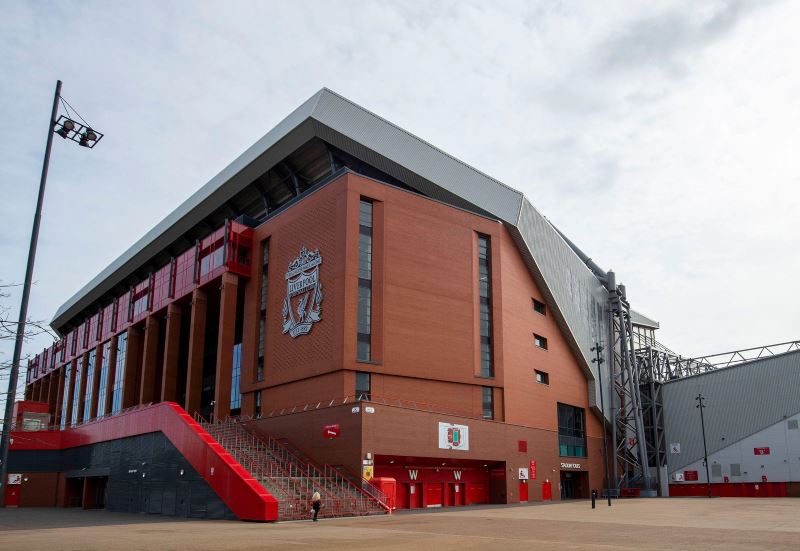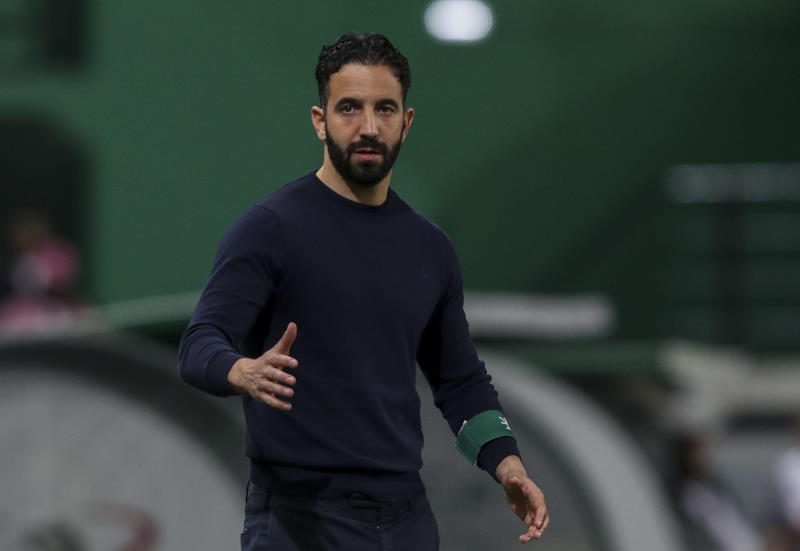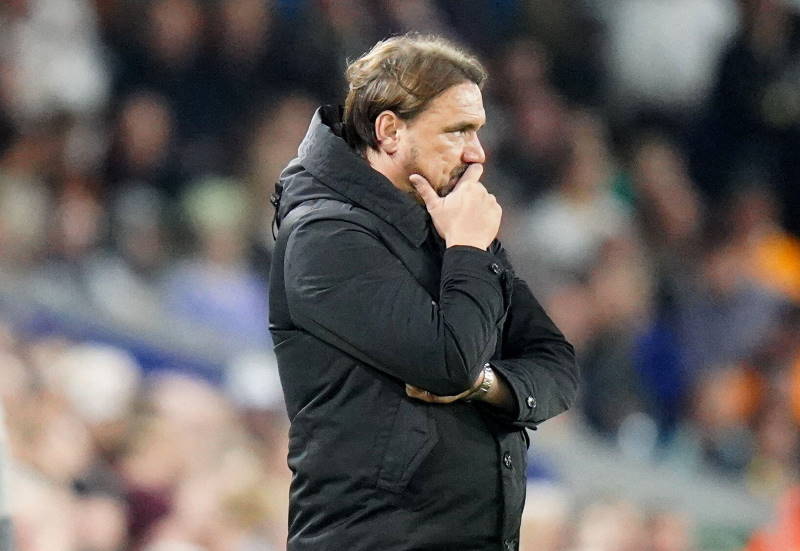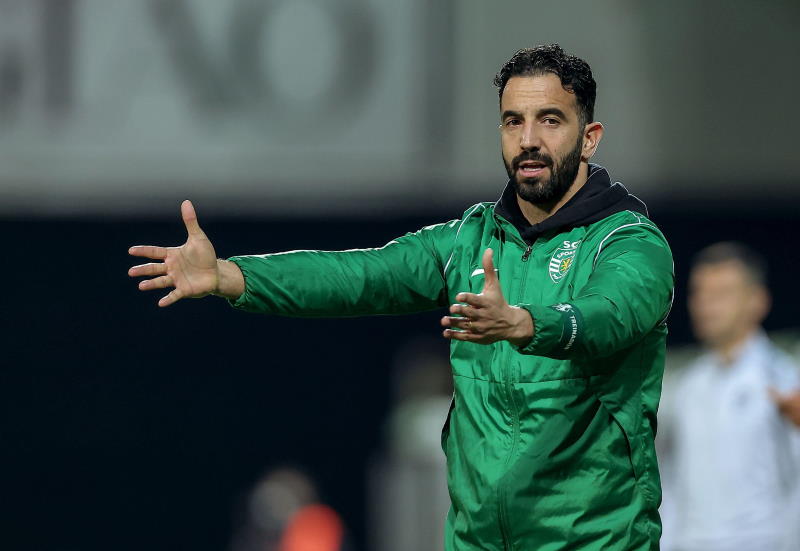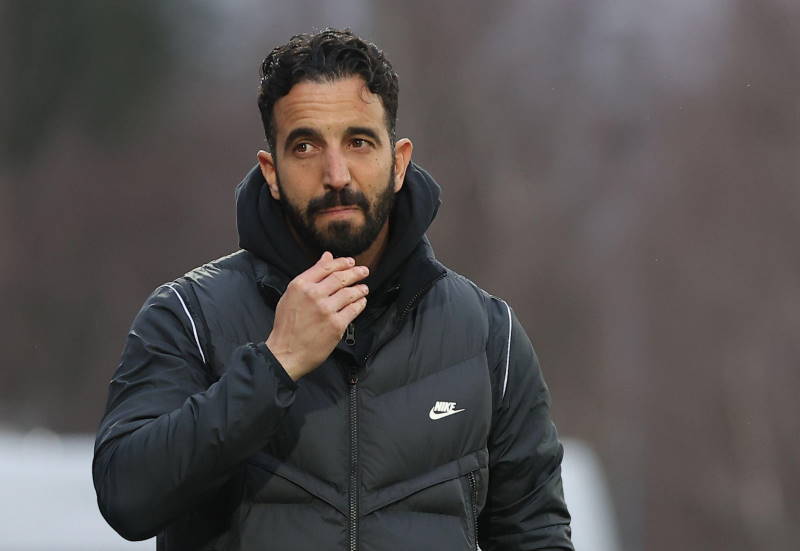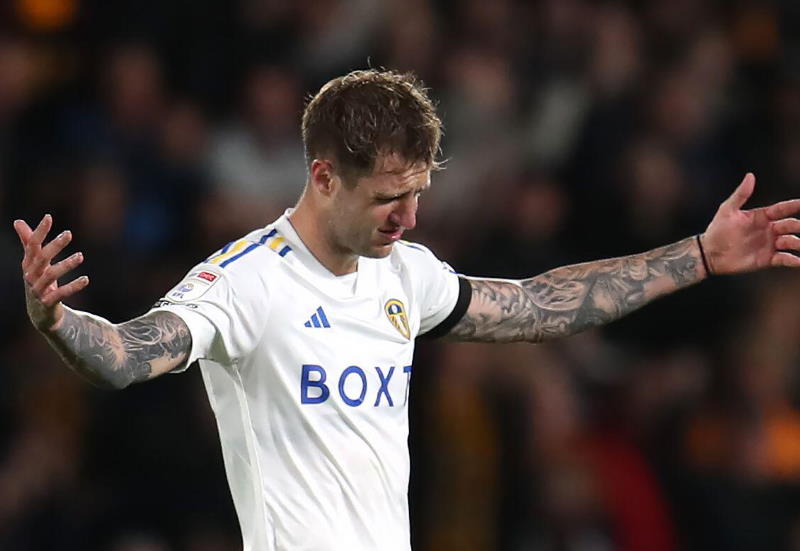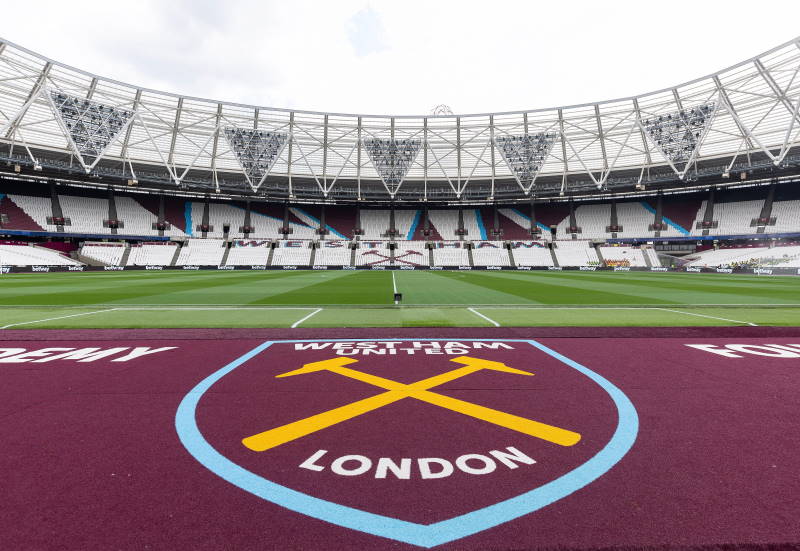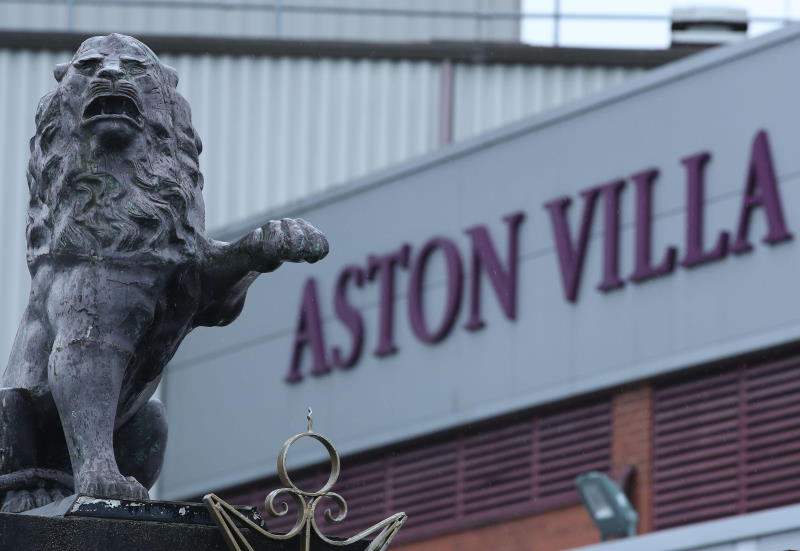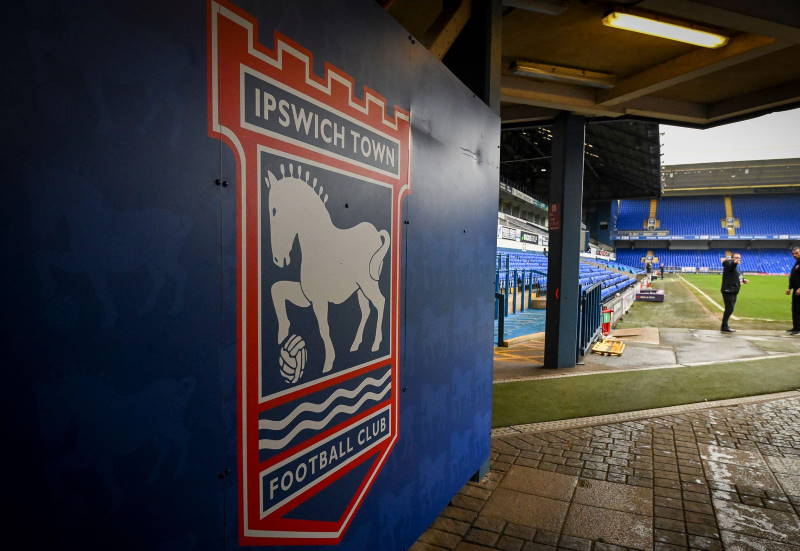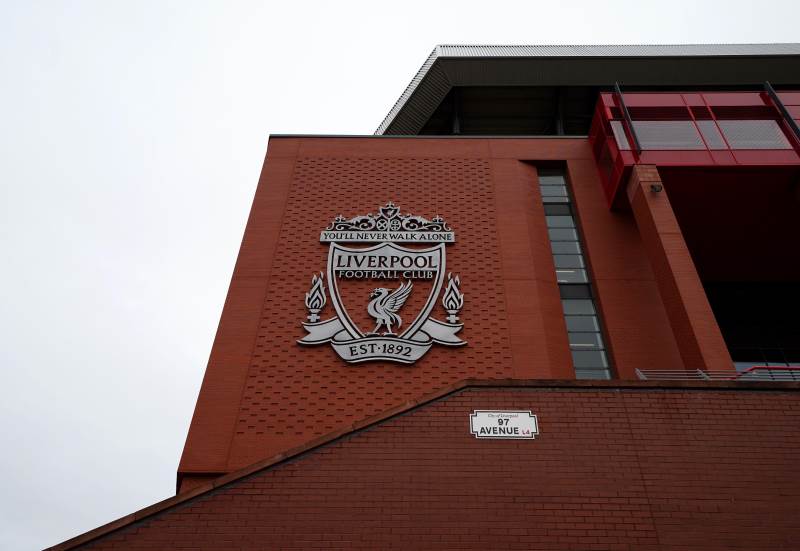
There are things you think you’ll never see: The Loch Ness monster, a resolution to the Israel-Palestine conflict or a cure for cancer. Up among those near impossibilities was the prospect of Sepp Blatter leaving his post, let alone doing so ‘voluntarily’. The biggest political earthquake that the sport has ever known struck at just before 7pm Swiss time on Tuesday as Blatter quit.
The 79-year-old brings to an end a personal tenure at the helm of FIFA lasting 17 years. But this is the end of a much more significant reign, one dating back to the Englishman Stanley Rous’ deposition as head of world football’s governing body in 1974 by the Brazilian Joao Havelange. For all of Rous’ faults, most prominent of which was the support for the apartheid regime of South Africa, which did so much to drive the African continent towards Havelange and by extension, Blatter, his departure marked the start of more than 40 years of divide and rule.
With the help of Adidas and its supremo Horst Dassler, Havelange was able to hugely increase the revenues of the sport by exploiting its financial potential. The extra income was used to cement his power and support across the world outside of Europe. When he quit in 1998, he paved the way for Blatter to succeed him, surprising the Swede Lennart Johannson in a presidential election result over which numerous as yet unproven allegations have been made.
Blatter’s resignation some 17 years later prompts the question: Why now? Four days previously he won an election to serve for another four years. And he won that election having claimed four years prior to that it would be his last term. Since Blatter has come in, FIFA’s marketing partner ISL has collapsed. It was then alleged and years later proved that senior officials, including Havelange and his son-in-law, the former Brazilian FA chief Ricardo Teixeira, accepted bribes from that organisation (whilst Blatter was the organisation’s secretary general). There have been numerous cash-for-votes scandals, the award of a World Cup to Qatar and the subsequent departure now of half of that executive committee that voted to send the sport’s biggest competition to the Middle East.
And then last week, amid the biggest scandal and crisis in FIFA’s history, still Blatter clung on. The point which may be true is this – this was no voluntary departure. Reading the transcript of his statement of resignation, what is interesting, but more amusing, is Blatter’s comment that he did not have the support of the wider football community. Since when did that ever stop him before?
There can only be three explanations for the resignation at this point in time. First is that he has done a lot of thinking, dwelt on what has happened and come to his senses – i.e. the flying pigs theory. The other more plausible theories are these: One is that the Swiss has been pressured by someone very close to him, that were he not to leave of his own volition he would be forced to leave by revelations against him, especially after reports from the United States suggesting the investigation is now looking at Blatter himself.
Or perhaps, just maybe there is no evidence that Blatter has done anything to force him out. In which case the only answer would be to the question is that something is about to happen to FIFA on a scale even more forceful than the US arrests of its officials last week. Say for example that there is concrete proof of bribery and fraud relating to the award of the 2018 and 2022 World Cups. If that was the case, Blatter could not possibly stay on.
Knowing Blatter, that is the explanation many would bet on. After all, this is a man who has an uncanny knack to avoid anything sticking to him. If there is an explosion of evidence coming FIFA’s way, as seems likely one way or another, that will rock it to its foundations, it would seem the most Blatter-like thing to do to get out of the way and flee the scene beforehand.
Either way, the next big question is now what happens to FIFA? It would be a mistake to think that Blatter’s departure is automatically the beginning of the end. He has been elected president of the organisation five times in a row for a reason – the same reason that Havelange won the previous six. Most of the FIFA electorate wanted him to lead them. And just because Blatter has gone, that does not mean that the significant majority that voted for him last week will be looking fondly at the prospect of Prince Ali, Luis Figo or David Gill taking charge of the organisation.
The head of CONCACAF is currently under arrest by the American authorities. The head of African football, Issa Hayatou, has made a series of moves over recent years to cement his position and nullify any possible threat to his role. Asia was firmly behind Blatter. Will they move in a stooge to keep the party going when FIFA come to elect their next president? The reality is that the answer to that question, right now, is probably yes. Structural changes are necessary to reform FIFA to the point where it can be trusted to elect a leader who puts the game first, not the troughs. Blatter’s resignation is a vital symbolic gesture in order to help restore the image of the sport and FIFA. But if his words in his resignation speech, genuine or not, are not matched by the actions of his successors, then it won’t really matter.
And then there is the final question – Russia and most significantly, Qatar. The decision to award these countries the next two World Cups may well, in history, come to be seen as the moment FIFA went too far. The moment they thought they could get away with whatever they want. Corrupt or not, the decision has led to the chain of events which has seen Blatter swept aside. This is a hurricane gathering force, not dying down. What really happened is still only speculation, but as the FBI investigation gathers pace, anything could come out.
There will be some very nervous people in Qatar right now, not to mention in the Kremlin. Vladimir Putin may seem like a man who wouldn’t be flustered when encountering a bear in the woods, but even he must be concerned right now. The 2018 World Cup is hugely important symbolically to him. The idea of stripping them and Qatar of the next two World Cups seemed far-fetched to the point of fantasy not long ago. Then again, only yesterday the idea that Blatter would quit was fanciful.

